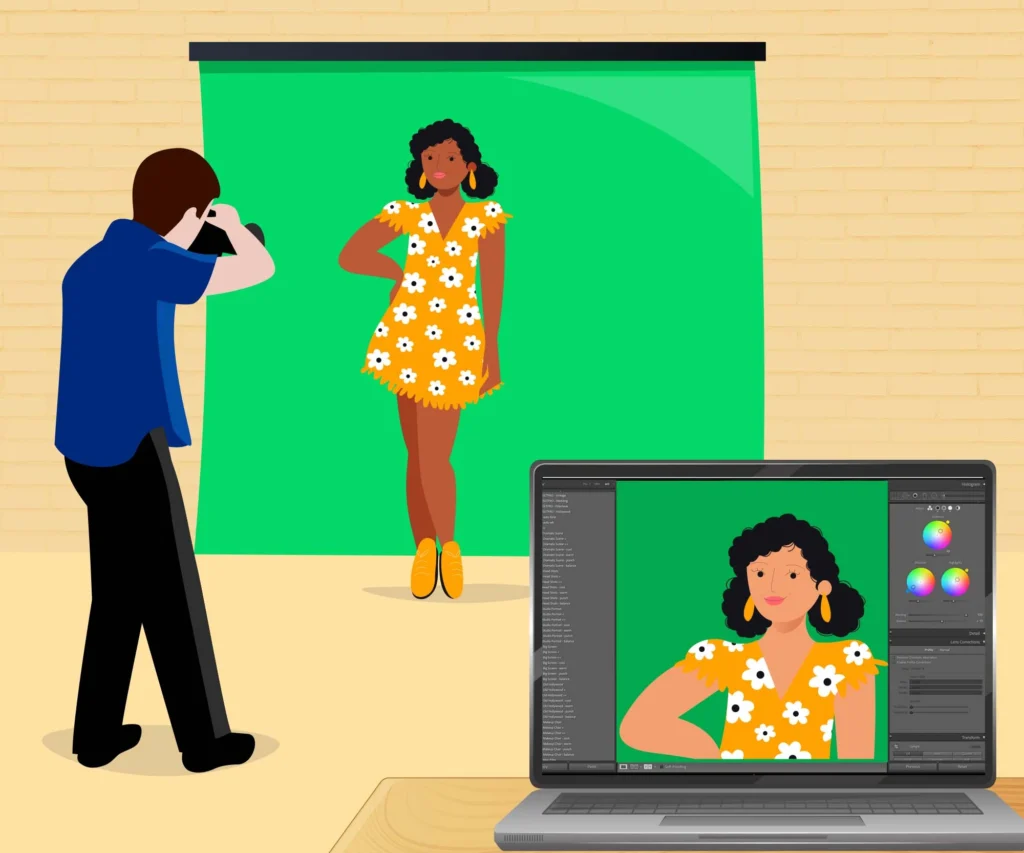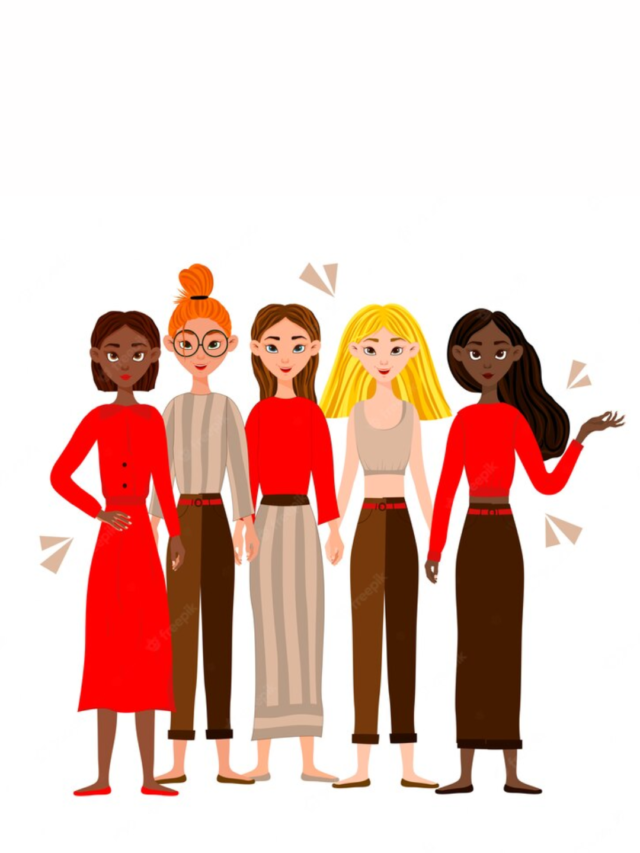My battle with my skin tone first began when I was 12 years old. My mother, meaning well and thinking she was doing me a favour, bought me some fairness cream. What this echoed in my mind, however, was ‘YOU’RE UGLY! Your own mother thinks so!’ And it only amplified from there through my teen years until I learned better. As a grownup, I recognise it for what it is now: colourism.
Our cultural codes have conditioned us into buying the notion that fairer skin translates to beauty, greater success, and overall social acceptance. But, unfortunately, this has also depicted the converse as accurate: that darker skin translates to insecurity, underperformance, and being undesirable.
Yes, many of these portrayals have come a long way from what they used to be. But is it enough?
Hollywood’s blatantly colourist attitude
At first glance, it may seem like this is a South Asian/Middle Eastern problem since dark-skinned women are supposedly all over Western media. But you soon realise that what is considered dark-skinned in India isn’t so in the West. For instance, Priyanka Chopra is a brown-skin representative in America. However, in India, she is fair enough to feature in fairness cream ads.
Wild, right?
But it begins to explain how Western media understands—or claims to understand—representation. But, again, there’s a pattern here for people who care to notice. The Western media rarely depicts dark-skinned African American and Latin American women in the capacity of the central protagonist. Instead, Hollywood’s casting
agents almost exclusively favour a light-skinned Black person.
This pattern is even more true when it comes to female casting. Look at the robotics geek Fabiola played by Lee Rodriguez in Never Have I Ever, Annalise Keating from How to Get Away with Murder, or Cookie from Empire. The darker the actor’s skin, the more their storylines dip into angles involving a single mom from the projects, a gang member, or a drug dealer.
Why do we glamourise ‘exotic’ features?
Puffy lips, narrow waist, broad hips, a hyper-endowed bosom, and a bountiful rear—these features are custom-shopped by starlets and celebrities from their cosmetic surgeons.
Why?
Because the film industry and social media alike fetishise these features. They are seen as coveted assets, and the beauty industry, in response, markets these as ‘needs’ to sell their products.
All of these are typical features of African American women. The women who face discrimination for having these features in the first place. So when lighter-skinned women attempt to mimic these features, it becomes a serious problem. Racial features cannot be put on or taken off like jackets, as per our convenience.
Considering this situation, it is worth celebrating Vienna Fashion Week 2019. At this event, the audience saw the Gold Carvier Crew from Nigeria taking over the runway with their norm-defying walk. Models of varying natural physical features, especially skin colour, rocked the ramp, and their videos are still viral today.
Challenging cinema’s colourism
The entertainment world is more and more answerable now that the ‘woke’ movement is evolving.
Still, some film industries remain resistant to change. Most notorious of this lot is the south Indian cinema, which likes to cast fair-skinned actors exclusively. It feels particularly incongruent when the people of this region are primarily known for their dark skin. What makes this worse is when the songs have colourist lyrics to match, promoting light skin with catchy tunes. Descriptions of ‘milky skin’ or ‘face like the moon’ do women no favours.
To counter such alarming tropes, Nandita Das, in her campaign “India’s Got Colour”, addressed the opportunities denied to dark-skinned people in the country and urged the industry to practise inclusivity.
Campaigns like this teach us that the conversation around colourism needs to happen—no more tip-toeing around the issue. Instead, let’s call out this fetishist and outdated mindset of sexualising skin tone and specific features of women’s bodies. In time, it will set us all on the road to redefining beauty.


